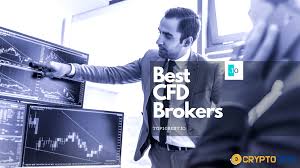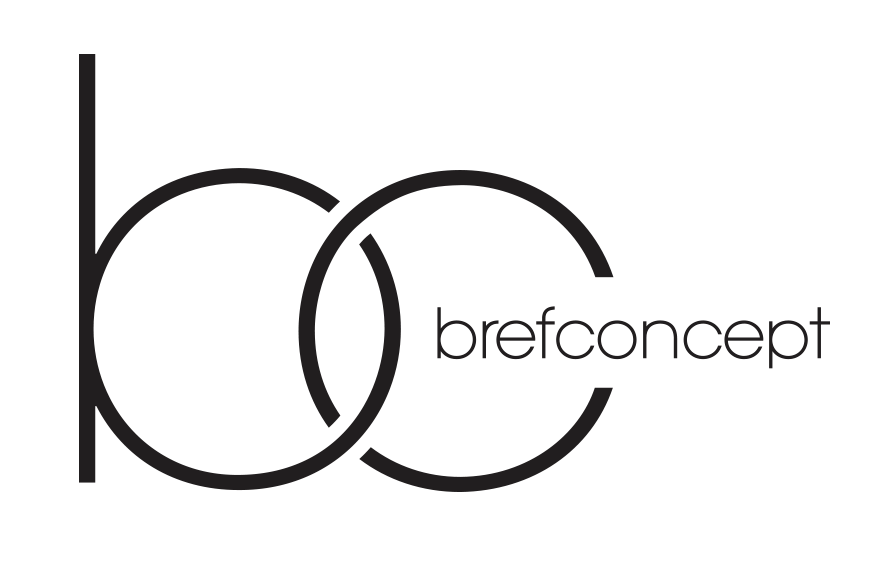
Choosing the Best Forex & CFD Broker: A Comprehensive Guide
In the dynamic world of trading, selecting the best forex & cfd broker bestbrokercfd.com can significantly impact your trading success. The Forex market operates globally and offers numerous opportunities for traders. Similarly, CFDs (Contracts for Difference) allow traders to speculate on price movements without owning the underlying asset. Therefore, understanding how to choose the right broker becomes crucial. This article will guide you through essential factors to consider when selecting the best Forex and CFD broker that suits your trading requirements.
Understanding Forex and CFD Trading
Before diving into how to choose a broker, it’s important to understand what Forex and CFD trading entails. Forex trading involves the exchange of one currency for another, aiming to profit from the fluctuations in currency value. CFD trading enables traders to speculate on the price movements of a myriad of assets, including stocks, indices, commodities, and cryptocurrencies. Both types of trading come with respective advantages and risks, making broker selection a vital step to ensure a successful trading experience.
Regulation and Security
One of the foremost considerations when choosing a Forex and CFD broker is the regulatory environment. A broker’s license from a reputable regulatory body ensures that it adheres to specific operational standards, promoting a secure trading environment. Traders should look for brokers regulated by authorities such as the Financial Conduct Authority (FCA) in the UK, the Australian Securities and Investments Commission (ASIC), or the Cyprus Securities and Exchange Commission (CySEC). These organizations enforce strict rules that require brokers to maintain client funds in segregated accounts and provide transparency in all trading operations.
Trading Platforms and Tools
The trading platform is the gateway through which traders implement their strategies. An ideal broker should offer a robust trading platform with user-friendly features, advanced charting tools, and customization options. Popular platforms such as MetaTrader 4 (MT4) and MetaTrader 5 (MT5) are highly regarded in the trading community for their versatility and functionality. Additionally, a good broker should provide trading tools like economic calendars, market analysis, and news feeds to facilitate informed trading decisions.
Trading Costs

Trading costs significantly affect overall profitability. These costs typically include spreads, commissions, and overnight financing fees (swap rates). When comparing brokers, traders should look for competitive spreads and minimal commissions. It’s also essential to be aware of any hidden fees, such as deposit and withdrawal charges, that may impact your trading account. Some brokers offer zero-commission trading but may impose wider spreads, so it’s vital to assess the total trading cost comprehensively.
Account Types and Leverage Options
Different traders have diverse needs and strategies, which is why an ideal broker should provide various account types suitable for both beginners and advanced traders. Some brokers offer accounts with lower minimum deposits, while others may cater to high-volume traders with specific account tiers. Additionally, the leverage options provided by brokers can significantly influence trading outcomes. While high leverage can amplify profits, it also increases risks, so traders must evaluate their risk tolerance levels before choosing an appropriate leverage ratio.
Customer Support
Reliable customer support can make a significant difference in a trader’s experience, especially in the fast-paced trading environment. A broker should offer multiple support channels, including live chat, phone support, and email assistance. The availability of support in various languages can also be advantageous for international traders. Assessing a broker’s responsiveness and the quality of support can be effectively done through online reviews and community feedback.
Educational Resources
Education is crucial for traders aiming to improve their skills and knowledge. The best Forex and CFD brokers should provide comprehensive educational resources such as webinars, tutorials, articles, and trading courses. Additionally, brokers who offer demo accounts allow new traders to practice without financial risk while familiarizing themselves with the trading platform and market dynamics. Continuous learning is a vital aspect of successful trading.
Conclusion
In summary, choosing the best Forex and CFD broker requires thorough research and deliberation. By considering regulatory compliance, trading platforms, costs, account types, customer support, and educational resources, traders can make informed decisions that align with their trading goals. Remember, personal trading style and preferences will influence the choice of broker, so it is essential to find a broker that meets your unique needs. Take your time to explore different brokers and use comparisons to find the one that ensures a safe, efficient, and successful trading experience.
As the trading landscape continues to evolve, remaining informed about market trends and broker offerings is more crucial than ever. The journey to becoming a successful trader starts with the right choices, beginning with selecting the right broker. Let this guide serve as a valuable resource in your quest for the best Forex and CFD broker.
